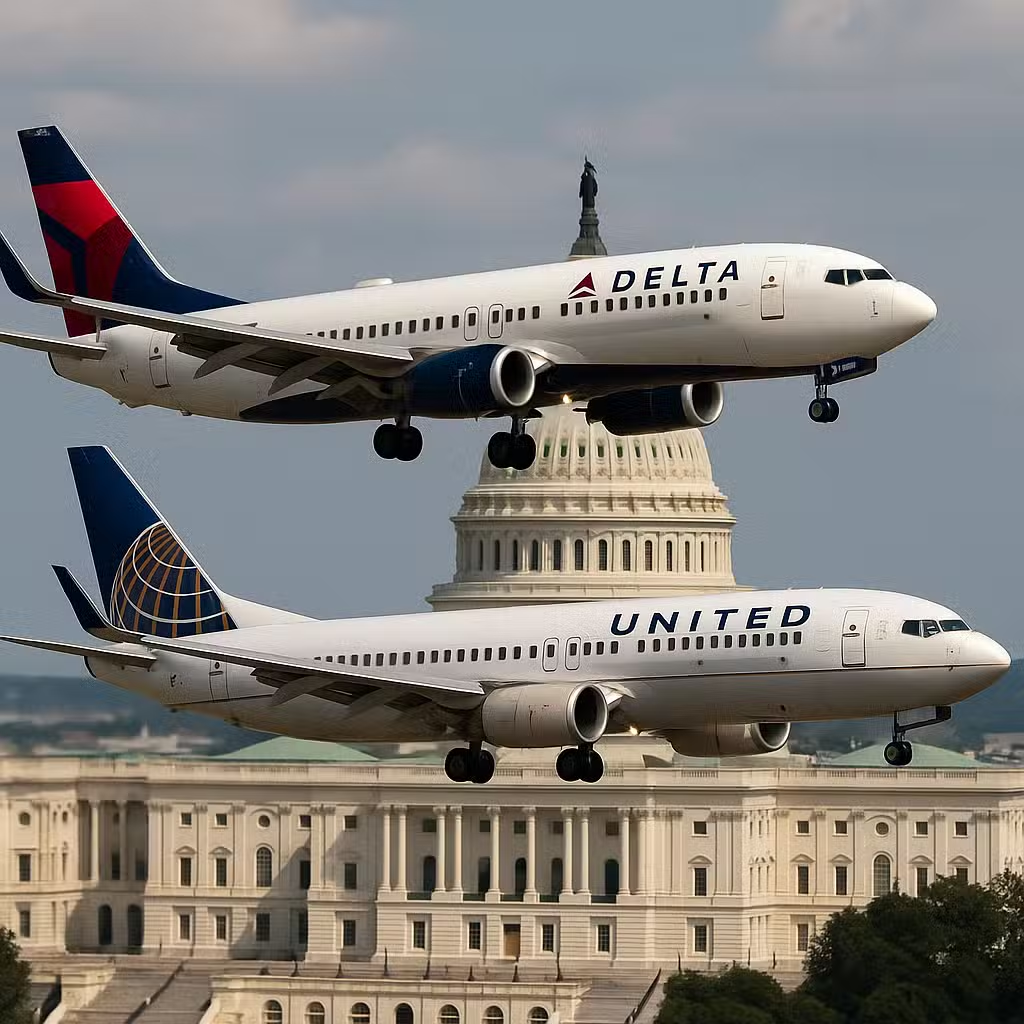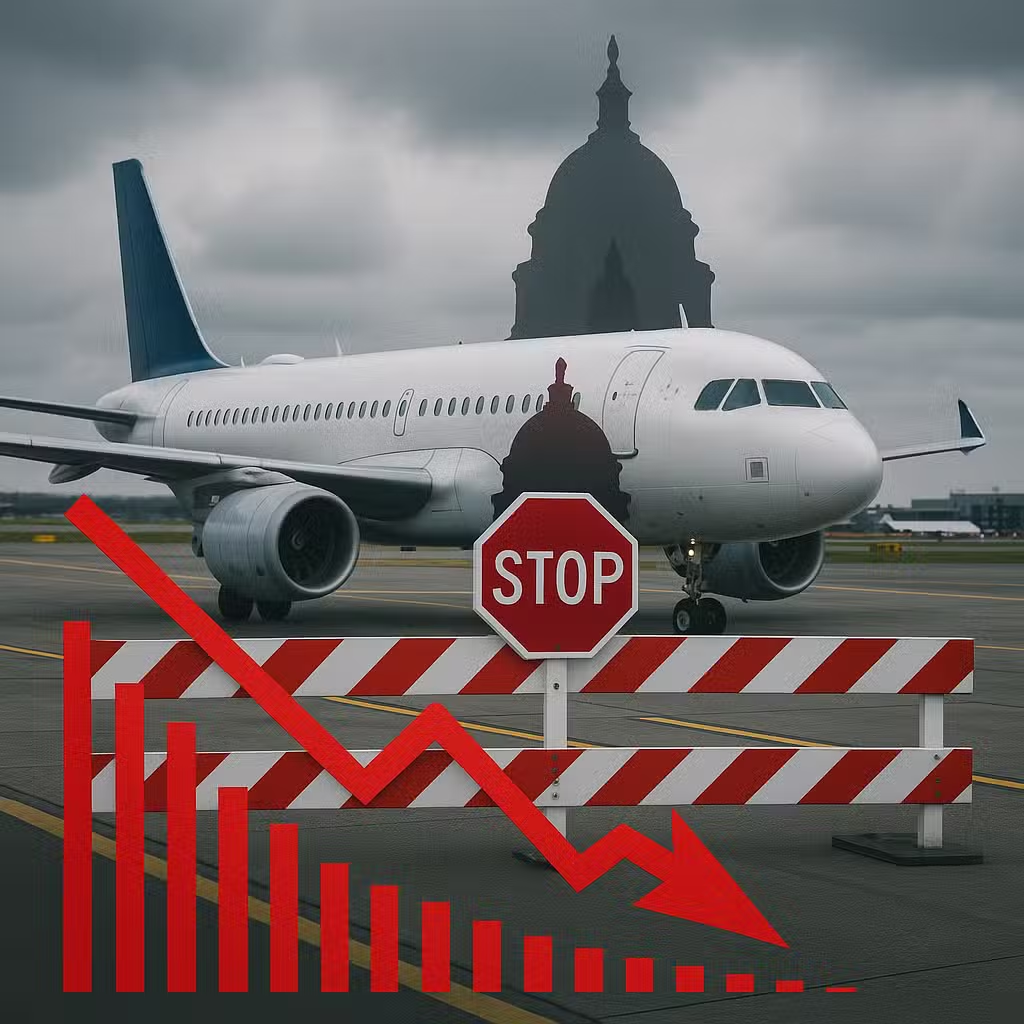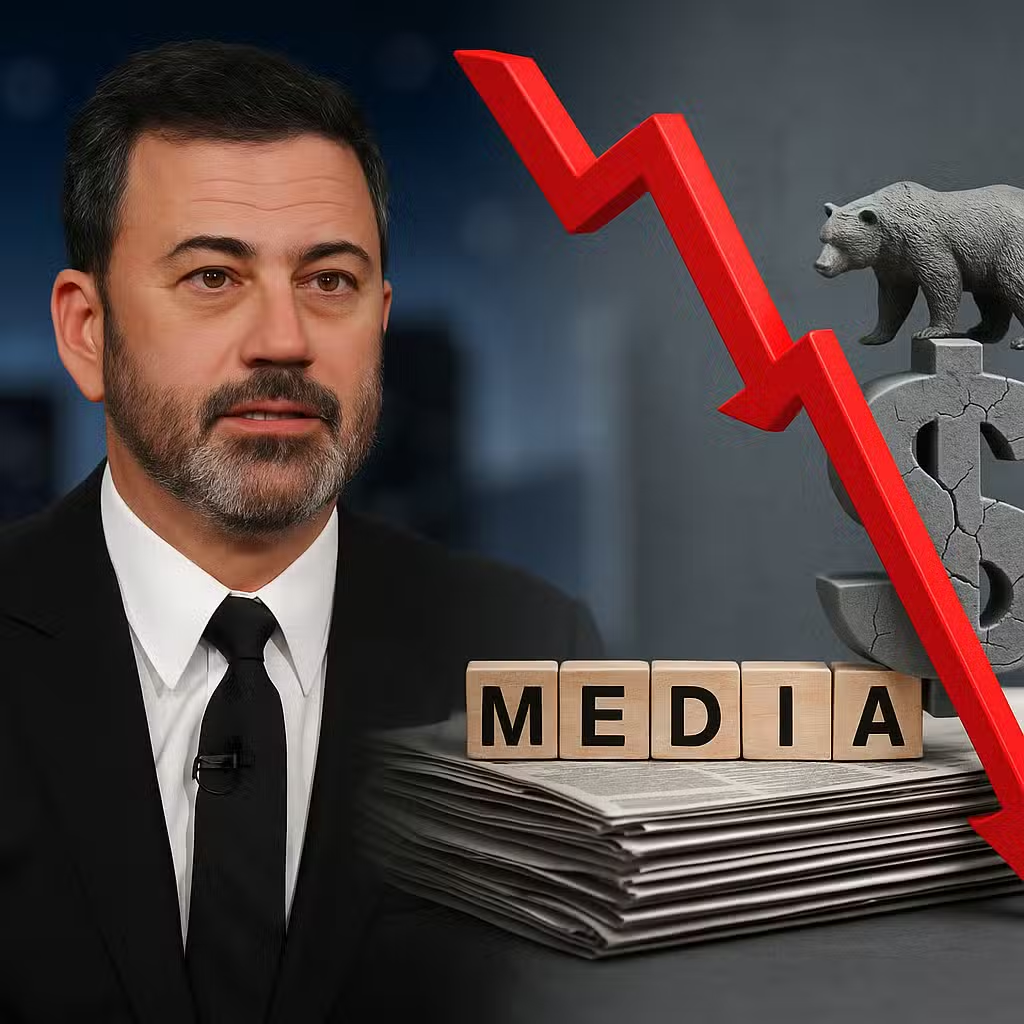Delta, United Urge Congress to End Shutdown, Citing Risks to Airline Operations and Investor Stability
Imagine trying to run a busy restaurant without enough cooks in the kitchen or money to pay them. That’s what’s happening at America’s airports right now, and it could affect anyone planning to fly soon.
What’s Happening?
Big airlines like Delta, United, and American Airlines are asking Congress to end the government shutdown. Why? Because the people who help keep our skies safe—like air traffic controllers—aren’t getting paid, even though they’re still working. This is causing a lot of stress and could lead to more flight delays.
Why Investors Should Care
This news matters for investors because airlines are a key part of many portfolios and the US economy. If flights get delayed or canceled, airlines could lose money, and that could hurt their stock prices. Plus, the airline sector can impact other industries, like tourism and business travel.
Bull Case: Why Some Think It Won’t Be So Bad
- Safety First: Airlines and the government say they’re focused on safety, so they’re trying to keep flights running as smoothly as possible.
- Holiday Travel: Even with the shutdown, experts predict a record number of people will fly this holiday season.
- No Major Meltdowns Yet: So far, we haven’t seen the huge flight disruptions that happened during the longest-ever shutdown in 2018-2019.
Bear Case: The Risks and Worries
- Unpaid Workers: Air traffic controllers and TSA officers are working without pay, which can lower morale and focus.
- Staff Shortages: There are already 3,800 fewer certified air traffic controllers than needed, making the system even more strained.
- More Delays Ahead: Airlines warn that if the shutdown drags on, passengers should “pack their patience” for more delays and possible cancellations.
- Economic Impact: The Congressional Budget Office says a four-week shutdown could cost the US economy at least $7 billion. If it lasts eight weeks, that number jumps to $14 billion. Source.
How This Compares to the Past
During the 2018-2019 shutdown, the US saw record flight delays and airport chaos. This time, the problems haven’t been quite as bad—yet. But experts warn that the longer this goes on, the more likely we’ll see serious problems, especially around busy travel times.
Broader Market Impact
When airlines struggle, it can ripple out to hotels, travel companies, and even local businesses that count on visitors. If the shutdown slows down travel, it could hurt the broader stock market, especially sectors tied to tourism and transportation.
Investor Takeaway
- Watch Airline Stocks: Pay close attention to news about the shutdown if you own or are considering airline stocks.
- Diversify: Don’t put all your money in one sector. Spreading out your investments can help protect you from surprises like this.
- Prepare for Volatility: Expect possible ups and downs in travel-related stocks if the shutdown continues.
- Look for Opportunities: If you’re a long-term investor, dips in strong airline stocks could be a chance to buy at a discount—just be sure you’re comfortable with the risks.
- Stay Informed: Follow updates from trusted sources, like the CNBC and the Congressional Budget Office, to see how things are changing.
For the full original report, see CNBC







